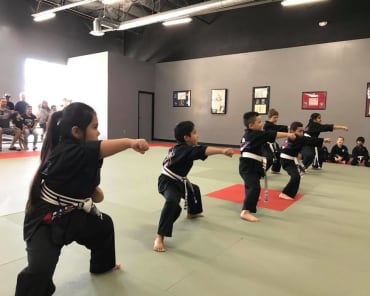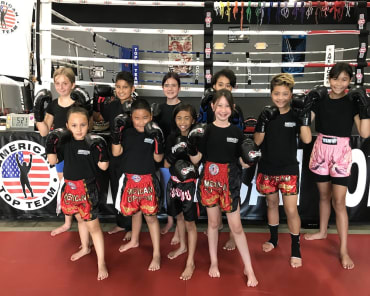
Navigating the Ring: Challenges Faced by Combat Sports Coaches
Being a combat sports coach is a unique and demanding role that requires a blend of dedication, skill, and unwavering commitment. While the thrill of guiding athletes to victory can be immensely rewarding, this path is not without its challenges. In this article, we will delve into some of the hurdles combat sports coaches face and shed light on the lesser-known aspects of their profession.
* The Revolving Door of Students: *
One of the most disheartening challenges for combat sports coaches is the constant turnover of students. Despite pouring time and effort into training, coaches often find themselves witnessing a steady stream of students quitting. This can be frustrating and demoralizing, as it sometimes feels like all the hard work goes to waste.
* Sacrificing Family Time: *
Combat sports coaches are known for spending endless hours at the gym, fine-tuning techniques, and pushing their athletes to excel. However, this dedication comes at a cost – the sacrifice of precious family time. The demanding training schedules, competitions, and travel commitments can leave coaches struggling to find a balance between their professional and personal lives.
* Isolation from Outside Friends: *
The nature of the combat sports coaching path can lead to isolation from outside friendships. The long hours at the gym and the intense focus on training often leave coaches with little time or energy to cultivate friendships beyond the sport. This isolation can sometimes contribute to feelings of loneliness and detachment from the broader social circle.
* Perpetual Spotlight: *
Combat sports coaches are constantly under the spotlight, with every move they make scrutinized by athletes, fellow coaches, and spectators alike. The pressure to perform and make the right decisions can be overwhelming, and coaches often feel like they are constantly being judged.
* Balancing Criticism and Encouragement: *
Constructive criticism is essential for improvement, but combat sports coaches often have to navigate a fine line between providing feedback and maintaining their fighters' morale. Finding the right balance between pushing athletes to their limits and offering encouragement can be a delicate task.
* Undervalued Time and Effort: *
Despite the countless hours invested in training, strategizing, and guiding athletes, combat sports coaches sometimes find their efforts undervalued. This can manifest in financial compensation that doesn't reflect the true value of their expertise or in athletes who fail to recognize the dedication required behind the scenes.
* Professional Boundaries: *
Building a rapport with fighters is crucial, but maintaining professional boundaries is equally important. Coaches need to strike a delicate balance between being friendly and approachable while avoiding crossing the line into becoming personal friends. This boundary can sometimes be challenging to navigate.
* Mental and Emotional Toll: *
The demands of combat sports coaching can take a toll on coaches' mental and emotional well-being. The pressure to perform, coupled with the ups and downs of athlete success, can lead to stress, anxiety, and burnout.
Combat sports coaching is undoubtedly a challenging and multi-faceted profession that requires resilience, dedication, and a deep passion for the sport. Despite the hurdles and sacrifices, the role of a combat sports coach is crucial in shaping athletes' lives and helping them achieve their fullest potential. As we celebrate their unwavering commitment, let us also acknowledge and appreciate the challenges they face in the pursuit of excellence.





